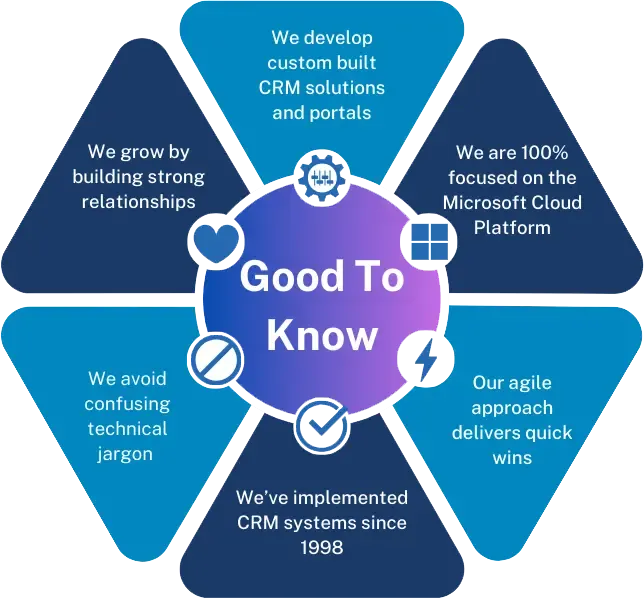Why Choose ServerSys as Your Dynamics 365 Partner
When selecting a Dynamics 365 partner, experience and track record matter.
ServerSys delivers proven expertise with a 96% client retention rate that demonstrates our commitment to long-term partnership.
Unlike generalist IT providers, we focus exclusively on Dynamics 365 CRM applications. With over 25 years of CRM pedigree and deep technical knowledge, our specialisation means faster rollout, better solutions, and impactful outcomes to align with your business needs.
Our experienced consultants master customer relationship complexities and apply methodologies we’ve refined through hundreds of successful deployments.
Our Dynamics 365 Services
Organisations That Trust ServerSys
With 25+ years of focused expertise and a 96% client retention rate, we are proud to work with organisations including:
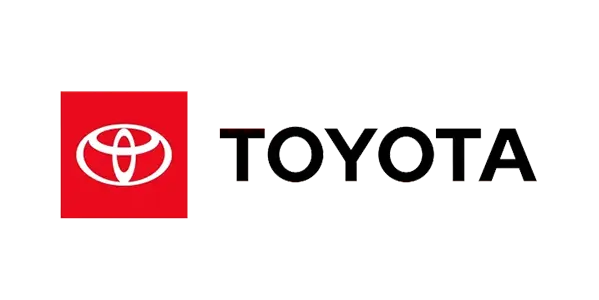
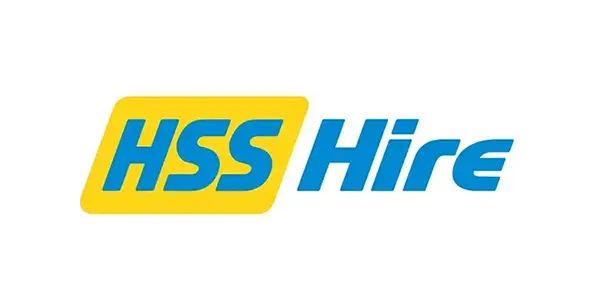

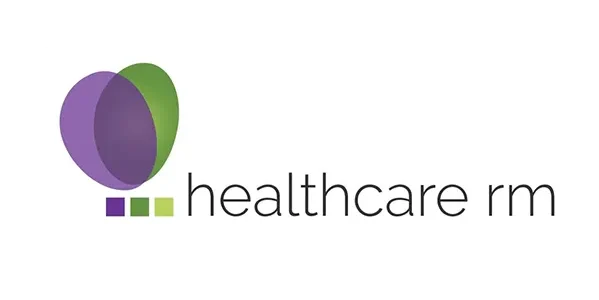
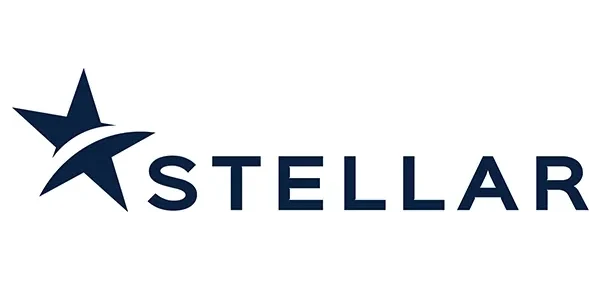

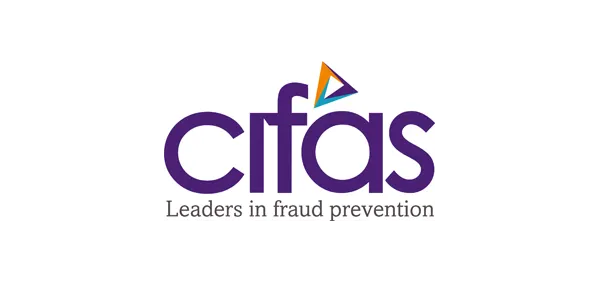

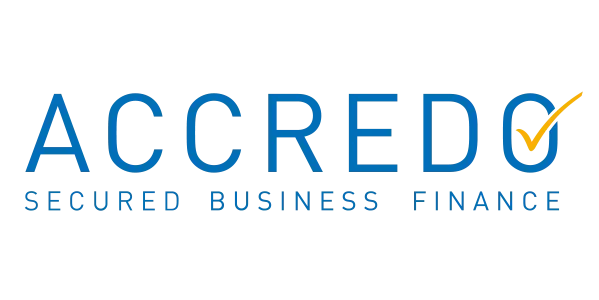



Real Outcomes, Real Impact: Client Success Stories
See examples of how we’ve helped organisations achieve impactful results.
Alchemy Ingredients
When its project faced difficulties, Alchemy turned to ServerSys to complete its Dynamics migration.
Proven Results
- Experienced consultants will help you achieve results in weeks, not months.
- 25+ years of experience supporting CRM and business solutions.
- 100% focus on Dynamics 365 CRM and the Microsoft Cloud Platform.
- Consistently delivers solutions to increase Dynamics CRM adoption and operational efficiency.
- Commitment to knowledge sharing and increasing in-house expertise.
- Proactive optimisation and continuous improvement with strategic guidance.
Our Dynamics 365 CRM Apps
Microsoft Dynamics 365 Sales
Accelerate sales with relationship intelligence, automation, contextual insights and productivity-boosting capabilities.
Dynamics 365 Customer Service
D365 Customer Service includes capabilities to deliver personalised, omnichannel service that increases satisfaction.
Broad Industry Experience
Our consultants bring extensive sector-specific knowledge that makes a difference. We understand the unique challenges facing financial services, automotive, healthcare, membership, professional services and manufacturing organisations.Complex sales cycles, regulatory requirements, and integration needs don’t faze us. Every project uses insights gained from working across diverse industries and business models.
Grow Strong – Fast, With An Experienced Dynamics 365 Partner
The scale and flexibility of Dynamics 365 provide endless possibilities. We’re here to help you leverage this potential and ensure the platform powers your business growth.
Process
Automation
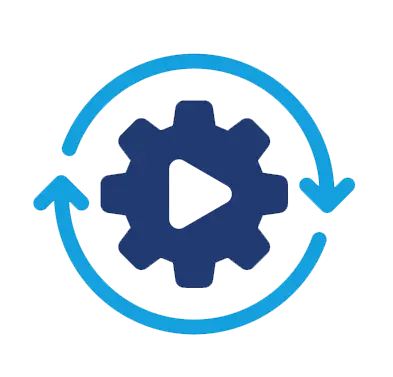
We eliminate productivity blockers by replacing repetitive tasks with automated solutions.
Technical
Support
Quickly find answers and resolve issues by speaking to our technical experts.
User
Adoption
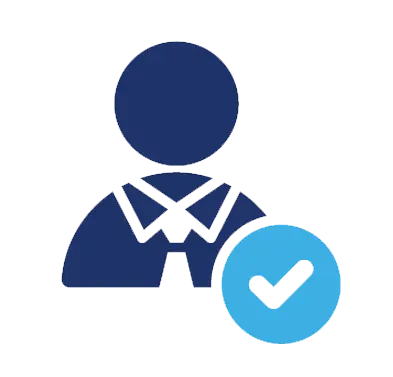
We help administrators boost user engagement through enhanced experiences.
Feature
Utilisation
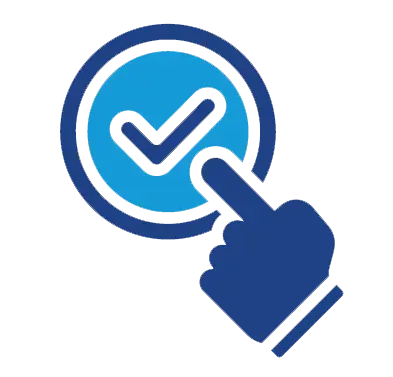
Speak with people who understand your business to utilise features that boost your ROI.
Ready for Better Results with Dynamics 365?
Our consultants are here to help you achieve your goals. Whether you’re evaluating options, planning a deployment, or need ongoing support, we provide expertise and partnership that delivers results.
Request a call back to discuss your requirements or schedule a free 30-minute consultation now.



